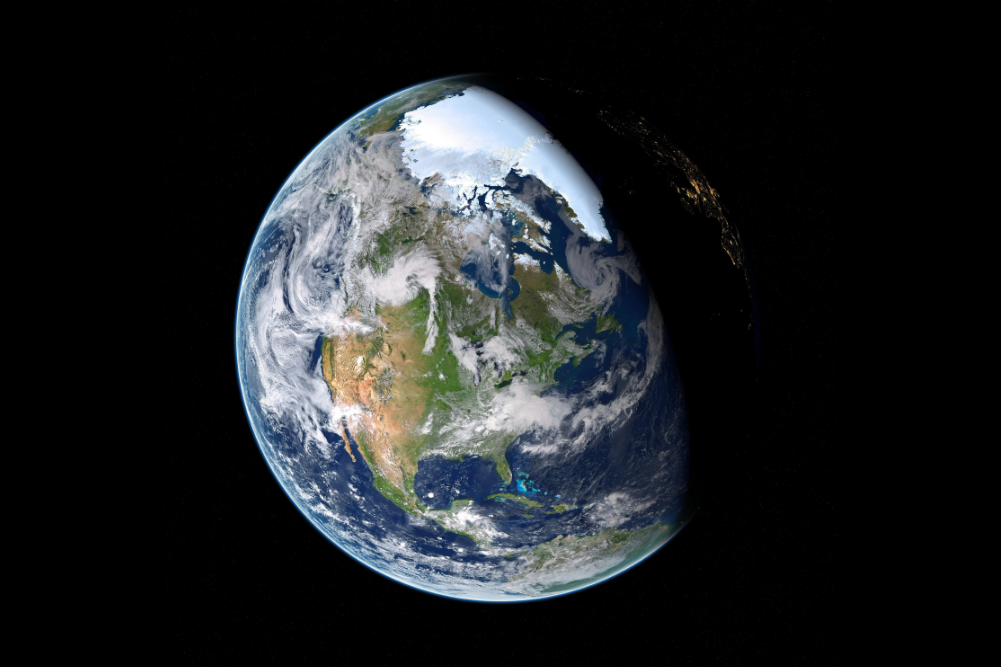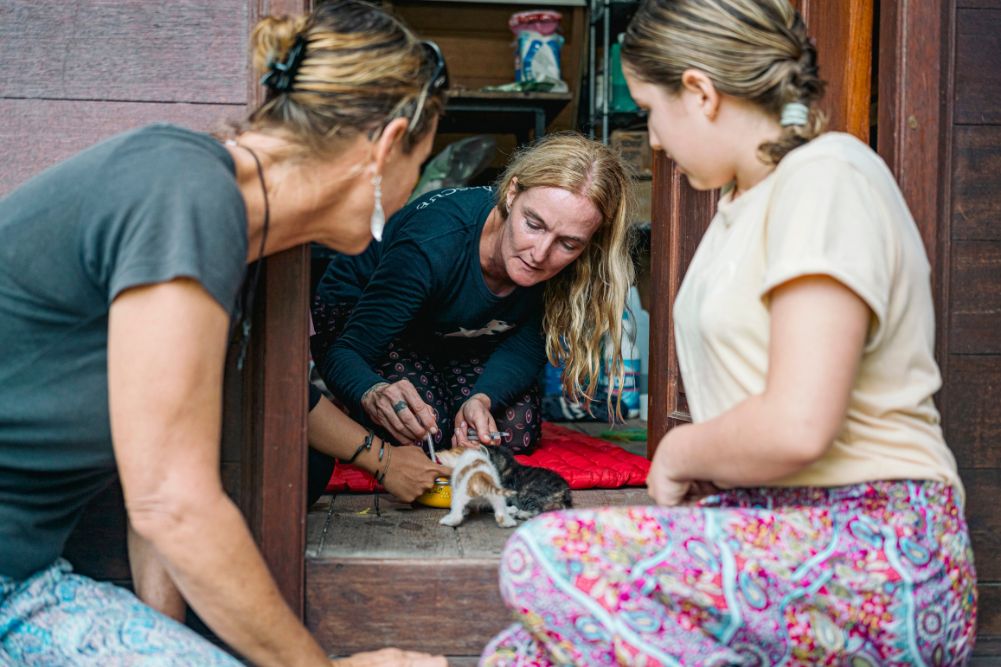The link between hunger and food politics
Food and politics are and always have been inextricably intertwined. In the beginning, it was man’s ability to plant crops and leave behind the nomadic life that gave us just about everything we now call civilisation, its ills and its benefits. Once we had crops, we had the concept of property. And that led all the way to Marx and Mao.
And food is a political topic because it covers health and human rights: culinary philosopher Michael Symons has pointed out that two most basic human rights are 1) the right to eat and 2) the right to choose what we eat.
More recently, we see even more complex issues at work as food goes global. Let’s run briefly though two of today’s big issues.
Genetic conundrums
On May 23, 2003, President George W Bush urged the use of genetically modified crops in Africa as part of his End Hunger in Africa initiative. He blamed Europe’s “unfounded unscientific fears†of GM foods for hindering efforts to end hunger in Africa.
Bush was not the first president to act as a spokesperson for biotech companies. There is a close relationship between US government agencies like the Food and Drug Administration (FDA) and the Environmental Protection Agency (EPA) and these companies. Former Monsanto executives have moved into key positions in these two agencies. One such executive, Linda Fisher, moved back and forth from positions at the EPA, Monsanto and, most recently, another key biotech company, DuPont where, at time of writing, she is Vice President and Chief Sustainability Officer.
The link between Big Food and politics takes many forms and doesn’t allow questions on small matters such as the good sense of solving the problem of food shortages in Africa by selling expensive seed to poor farmers — seed that does not improve yield or indeed have anything to offer in solving the particular problems of agriculture in the depleted soils of the continent.
The answer to Africa’s or indeed the world’s food woes doesn’t lie in the arms of the large biotech companies. As outlined in the recent report of the (hold your breath) International Assessment of Agricultural Knowledge, Science and Technology for Development, the way forward appears to be the way back: a massive shift of support to small-scale farmers using a diverse range of agro-ecological methods, including organic farming methods and community-based coping strategies such as seed banks and water management are what is required.
The problem is that such solutions, relying on small-scale and local initiatives, offer no bloated profits for agri-business. And agri-business has acted angrily. A total of 58 countries agreed with the findings of this long-term wide-ranging investigation into the way forward for ending poverty and hunger in the world. Three did not: Canada, America and Australia — the two major growers of genetically modified crops, with Australia running after them, having approved the planting of GM canola in NSW and Victoria in 2008.
Dubious Doha
You may have read of the collapse of the Doha round of talks, so named from the first such, held in Doha, Qatar, in 2001. The talks, organised and sanctioned by the World Trade Organization (WTO), have as their objective the lowering of trade barriers around the world. The idea is, if trade is free across borders, if all impediments to trade are removed, then all nations will prosper. The philosophy is that of the market, that “perfect†mechanism for running the world.
What it actually means, as explained to me by a cynical farmer who once worked for the WTO, is you turn a subsistence farmer into an agricultural entrepreneur. In other words, the farmer who grew a mixed crop that supported his family and whose surplus he sold or bartered for the things he or she cannot grow is persuaded by the WTO to specialise in one crop, which can then be put together with all the other small crops of the same produce and traded internationally. This is one of the major causes of hunger in the world today.
What’s wrong with the lowering of trade barriers is that the wealthy nations — principally the EU and America — won’t lower theirs. They want the poor nations to do it.
America, the EU, Canada and Australia provide some US$350 billion a year in subsidies to their farmers. So what happens when a poor country, pressured by the WTO, drops its subsidies? It’s flooded with subsidised food from a rich country. This has happened in Ghana, Korea and Haiti among others.
Take corn in America. In 2004, it covered 70 million acres (28 million hectares (probably a lot more today with the push towards biofuels). In that year, a bushel of corn cost the farmer $3 to grow, but was worth only $2 on the market. Farmers kept growing it because of the subsidies, which, in 2002, amounted to a guaranteed US$4 billion a year for 10 years. And were the small corn farmers getting those subsidies? No. Most went to Big Farmers, or the corporations who own big farms. The top 10 per cent (in terms of size) of recipients received 72 per cent of the subsidies: the bottom 80 per cent got only 13 per cent.
And will this system of agricultural socialism ever change? Probably not, because no president would ever win a vote in the corn belt — principally Iowa, Indiana, Illinois and Ohio — if they withdrew farm subsidies. It should also be remembered that two-thirds of the world’s corn grown in America is exported one way or another (as beef or in confectionery, soft drinks and other food products).
What happened in July 2008 when the latest round of Doha talks collapsed? The poor countries finally said no way, go away. And while that collapse has been described as a “tragedy†in the big end of town, it has been greeted with relief and celebration by many poor farmers and civil society groups in developing countries.
Politics and food provide a constant battleground between the “North†(the rich countries) and the “South†(the poor countries). It will, perhaps, take a major disaster to persuade the WTO to change its rules to offer real benefits to the countries of the South.







